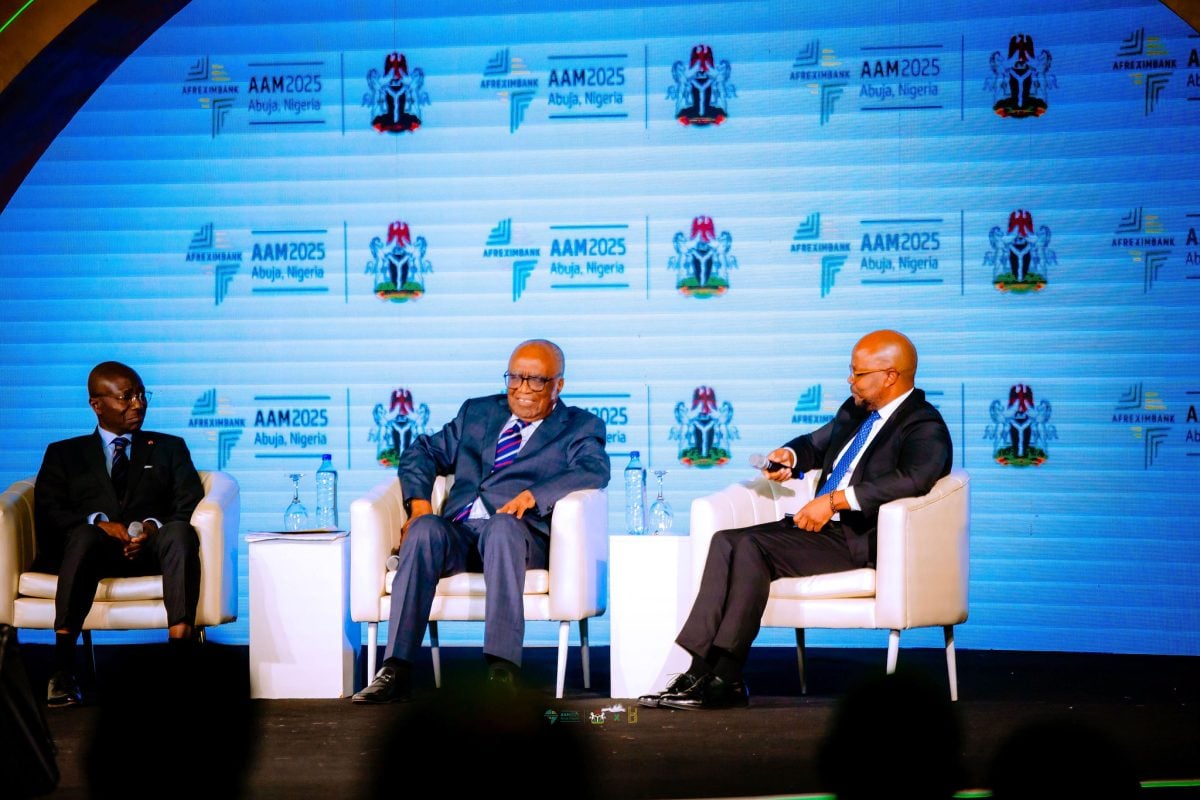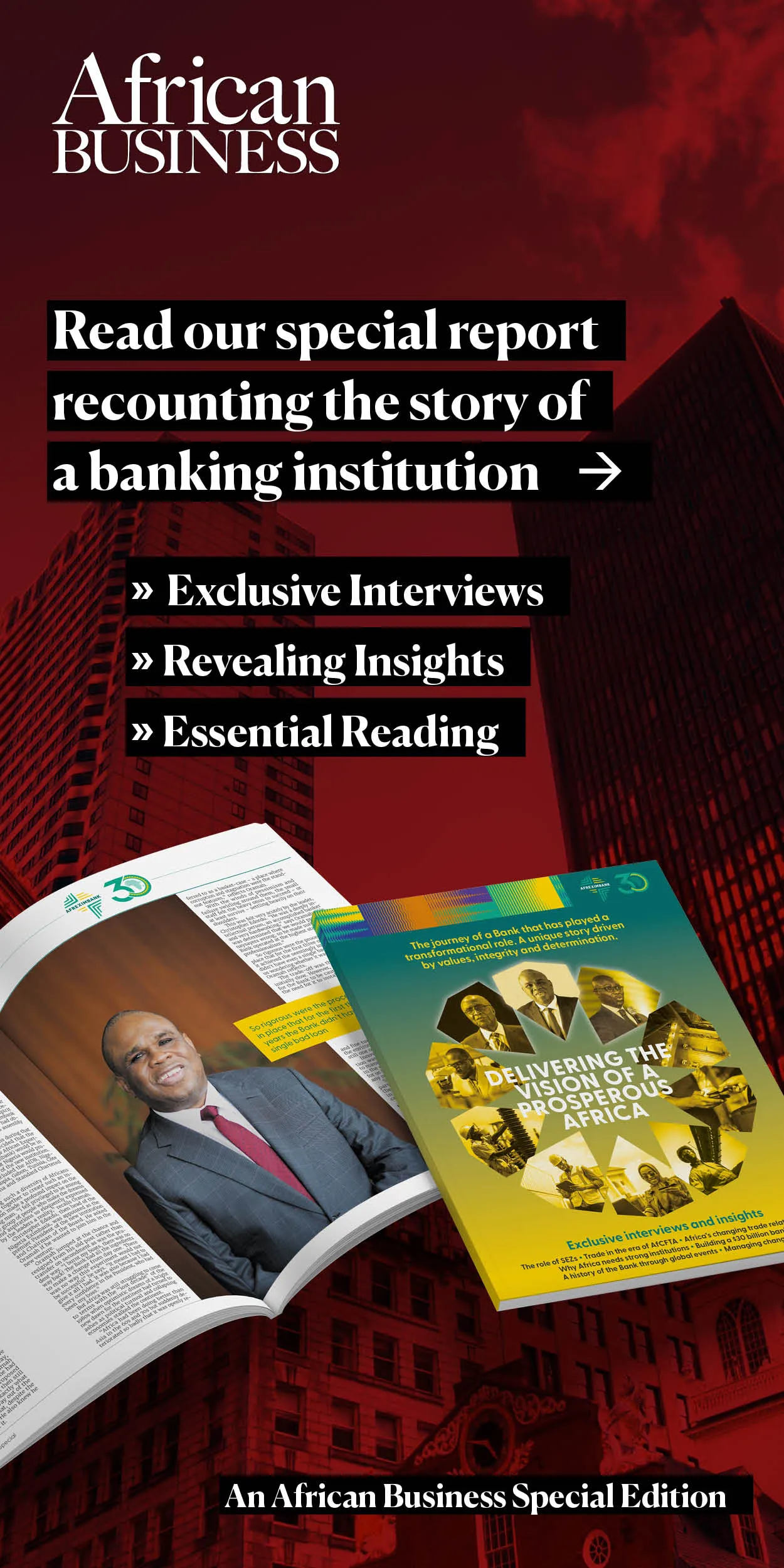This article was produced with the support of Afreximbank
Two former Presidents of the Afreximbank – pioneer president Mr. Christopher Edordu and his successor, Mr. Jean Louis Ekra – on Wednesday, reflected on the journey so far for the pan-African multilateral institution, noting that it has not only lived up to its founding vision but has also become a critical catalyst for Africa’s economic transformation, resilience, and integration in a rapidly evolving global landscape.
Edordu, a Nigerian, was president of the bank from 1993 to 2003, while Ekra, from Ivory Coast, was president from 2005 to 2015.
They spoke on the topic, “Reflections on the Journey of Fore-leaders of Afreximbank towards their Dreams,” a session on the sidelines of the Afreximbank Annual General Meetings in Abuja, Nigeria, which was moderated by Mr. Ronnie Ntuli, Board Member, Afreximbank, Mr. Christopher Edordu, revealed that he was part of the efforts to set up the institution in 1993.
“When Ndiaye proposed in 1987 to set up a mechanism for dealing with the problem of trade finance, he was really talking about the unavailability of short-term financing. Three meetings were held, and what was going to emerge was unclear. There were all sorts of ideas exchanged by potential stakeholders in what eventually became Afreximbank.
“When I look at what Oramah has done with the bank and what was originally thought of, it is a completely different thing. What was originally thought of was purely a trade finance institution, which today has completely transformed. What I find that has become a reference point in the DNA of our bank is the term resilience.”
According to Erdodu, the motivation of the founding fathers of the institution was all about short-term trade finance and to deal with the gap created by the exit of foreign institutions from the continent.
“But most of what we see today is responding to change and adapting our tools to bring those changes. What it has meant is that the institution has shown resilience and the capacity to respond to difficulties and deal with painful conditions,” he added.
To sustain the level of progress recorded by the bank, Erdodu stressed the need for the bank to continue on the path of innovation to face emerging economic realities as well as internal challemges.
For his part, another former President, Afreximbank, Mr. Jean Louis Ekra, also spoke on his journey in the bank.
He noted that the before he joined the bank, the sentiment against the institution, especially from foreigners was huge, adding that, “I remember I was at a dinner with a German diplomat who was saying that Africans cannot manage banks. He said this at a dinner in front of everybody.
“And this was a time when the World Bank was doing the so-called structural adjustment programme, and many banks were being closed in the continent. In my own country, in one and a half years, four banks were closed.
“When someone makes such a statement, for me, it was an adverse statement. He’s someone who does not want you to succeed. So to deal with that, you have to develop the proper attitude to show that is not because you are African, that you are a human being who has sense, and you can grow an institution.”
He also advised the younger generation coming to the bank to understand and imbibe its culture and objectives so as to guarantee its long-term sustainability.
“The external environment is changing, but one thing that seems to be changing slowly is the recognition of the place of our continent in the global system. Africa is seen as a small continent, but it has a size that is three times the size of Europe. The perception that others have is such that we are pushed down, so you have to have to culture of fighting,” he added.


 Sign in with Google
Sign in with Google 
